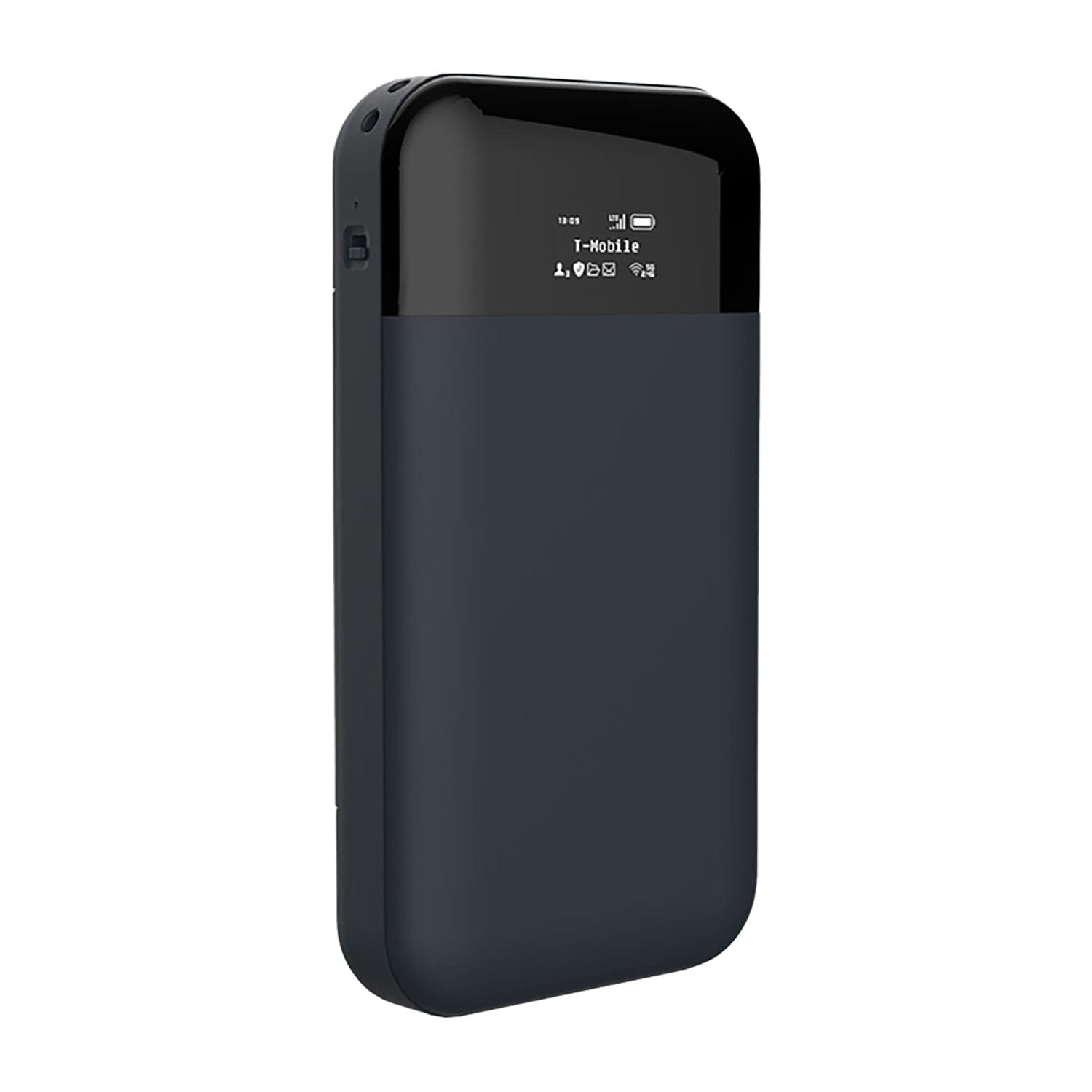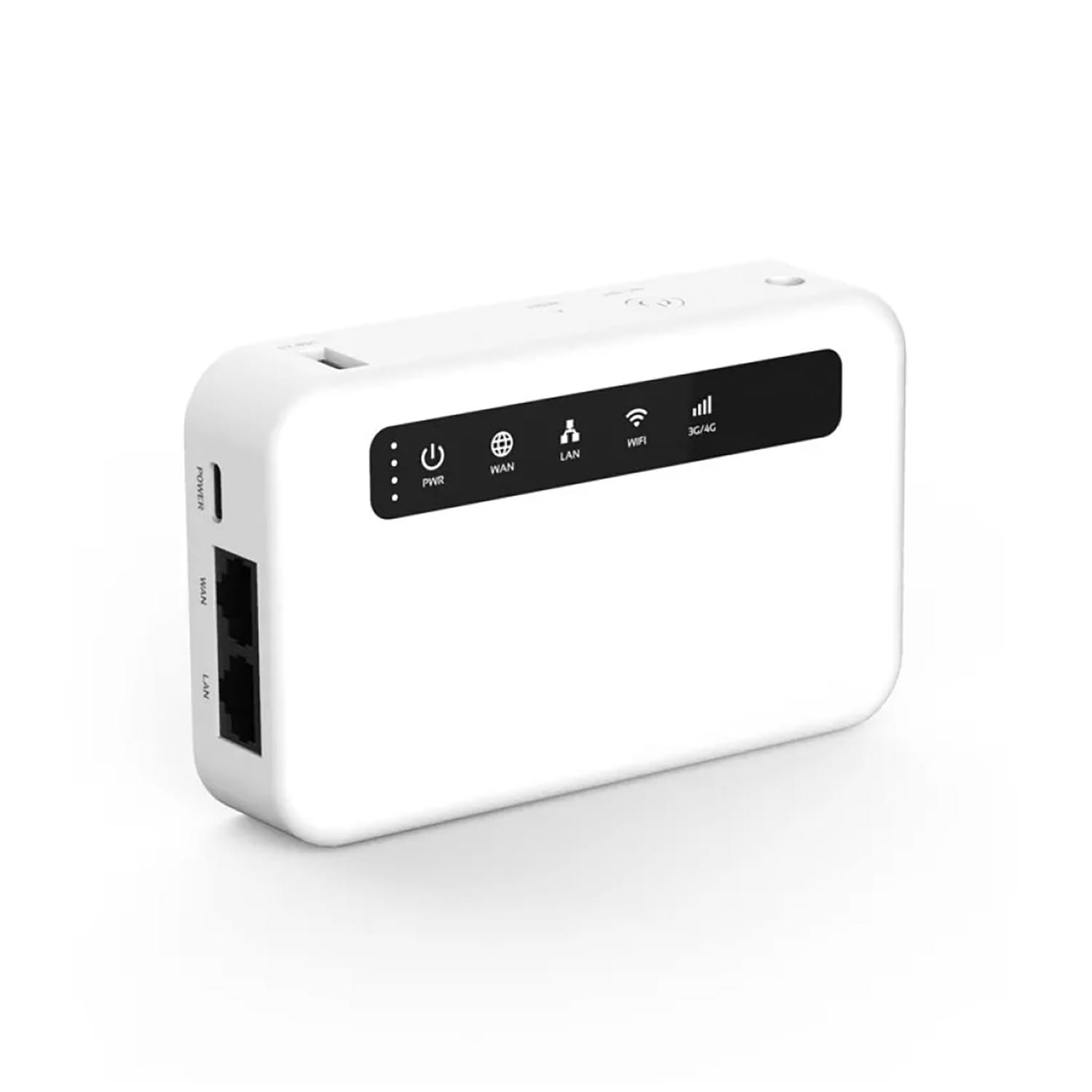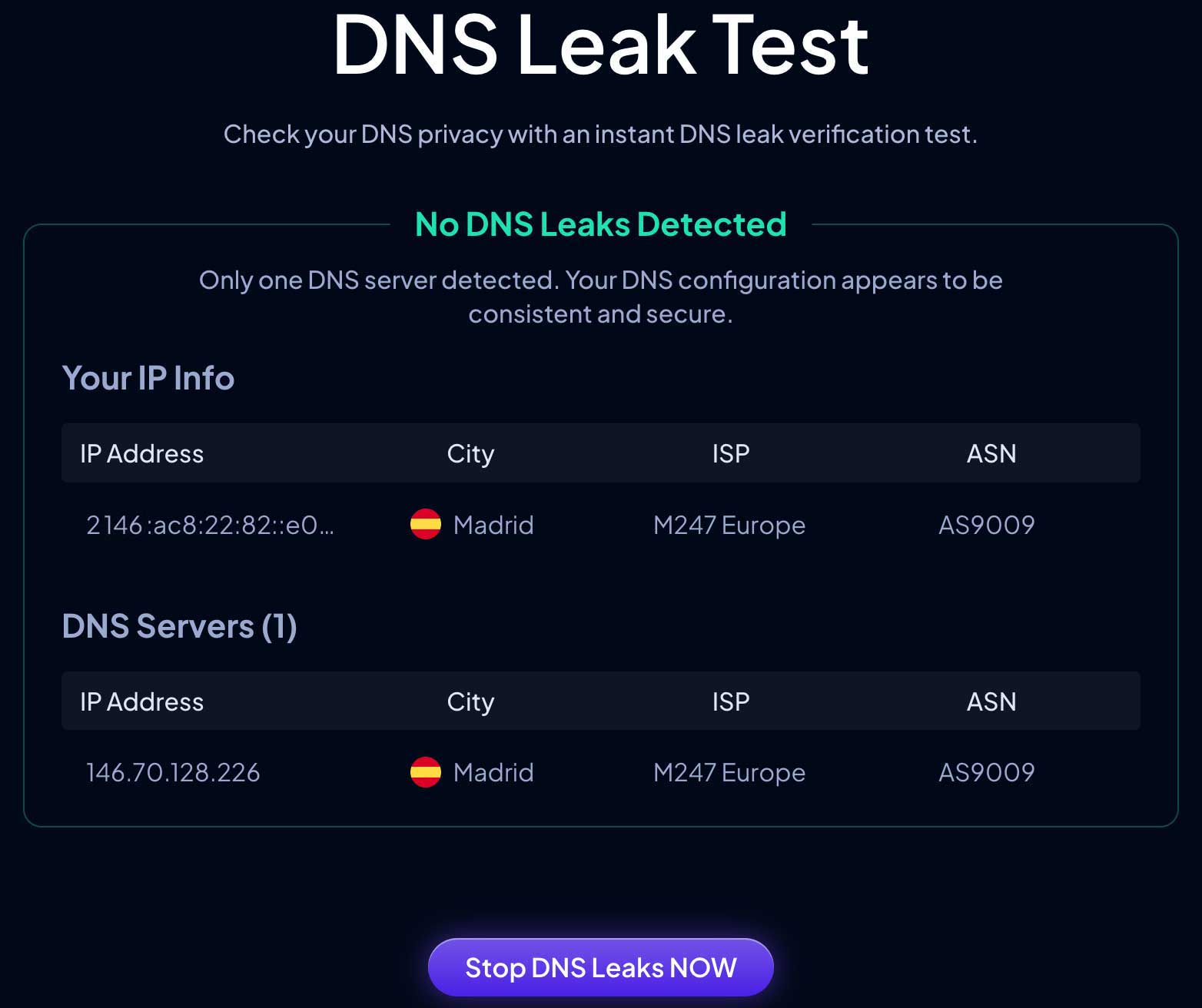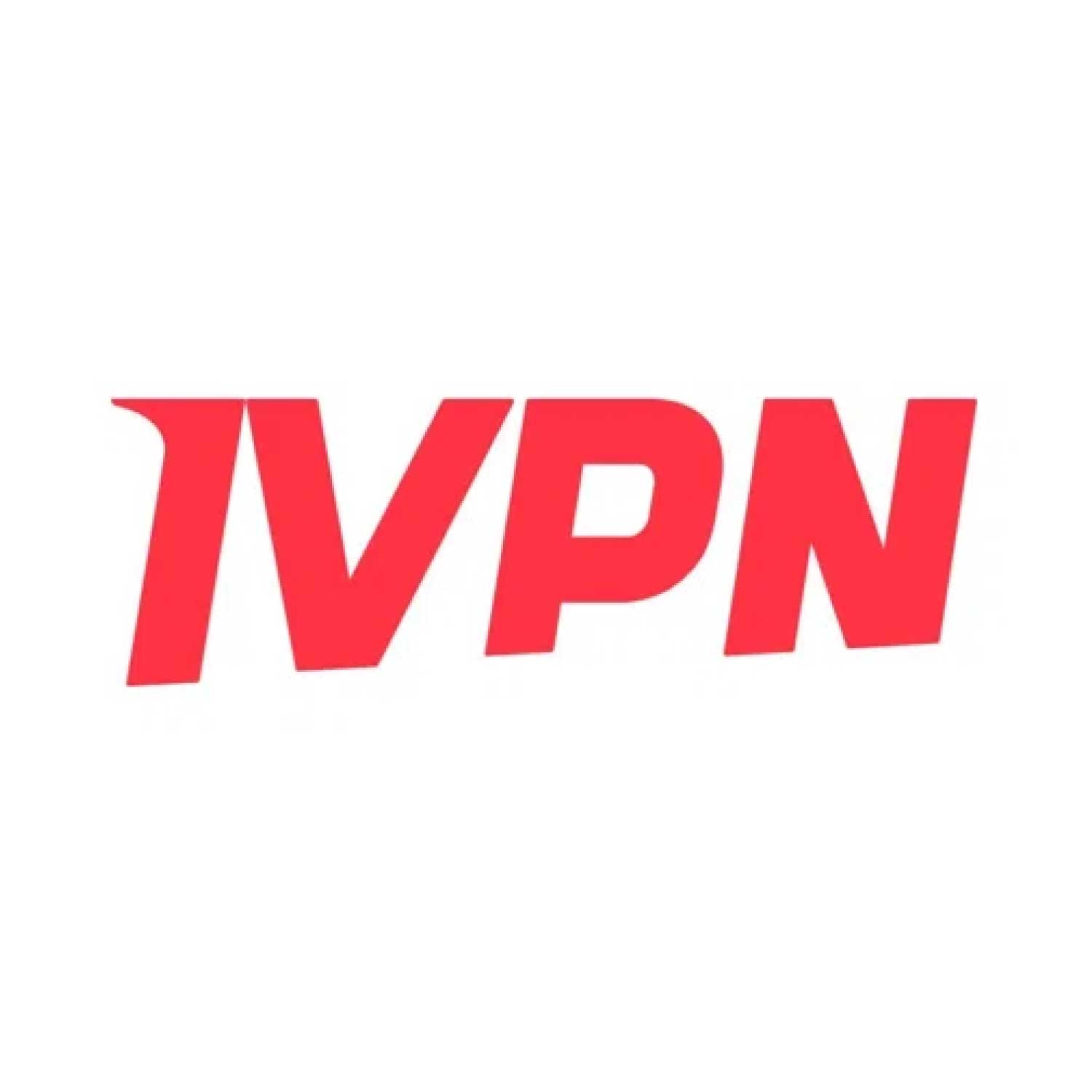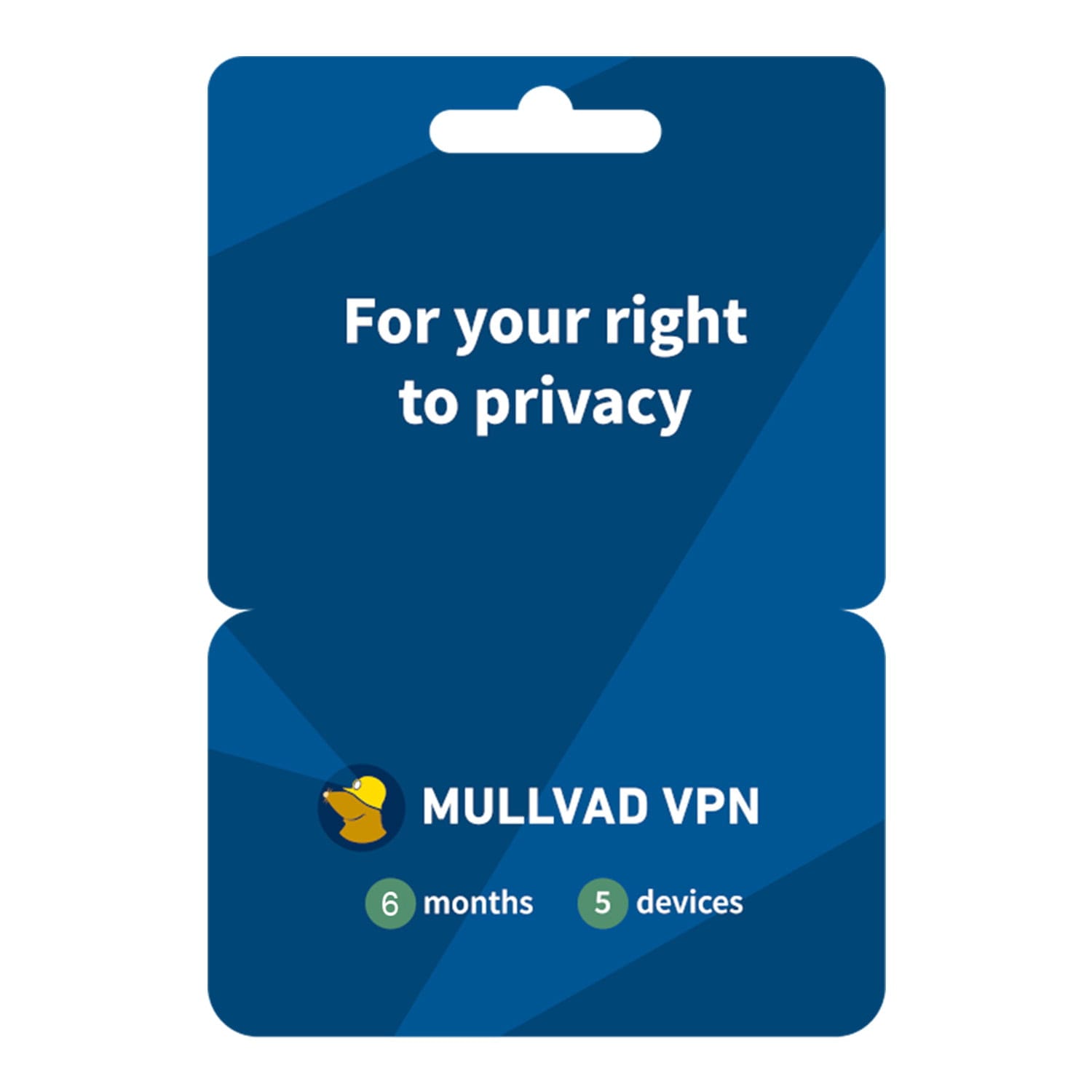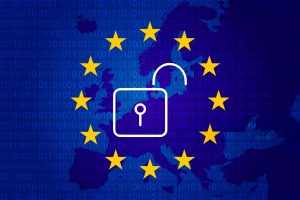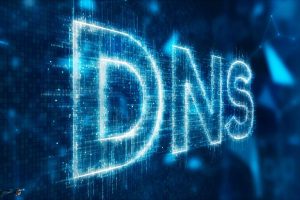Разпродажби за Черен петък 15% отстъпка - използвайте купон CRYPT15 ✦
Създадено от ИТ специалисти ✦
Само оригинални устройства на Google ✦
Предлага се сигурна доставка по целия свят ✦
Изпраща се в рамките на 24-48 часа ✦
Налични са крипто плащания ✦
Включена е експертна поддръжка при настройка ✦
Разпродажби за Черен петък 15% отстъпка - използвайте купон CRYPT15 ✦
Създадено от ИТ специалисти ✦
Само оригинални устройства на Google ✦
Предлага се сигурна доставка по целия свят ✦
Изпраща се в рамките на 24-48 часа ✦
Налични са крипто плащания ✦
Включена е експертна поддръжка при настройка ✦
